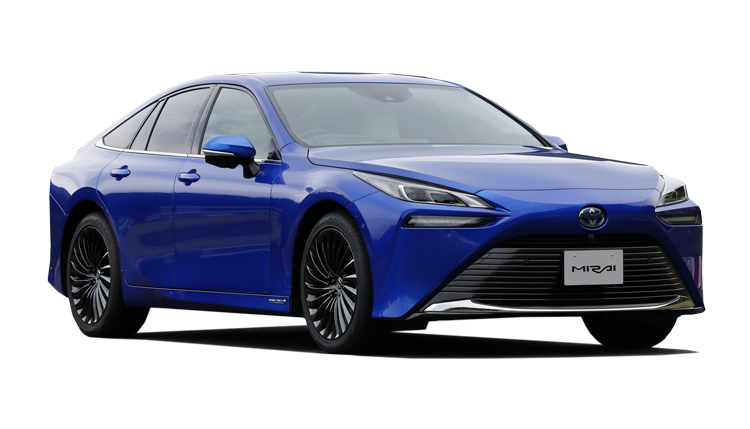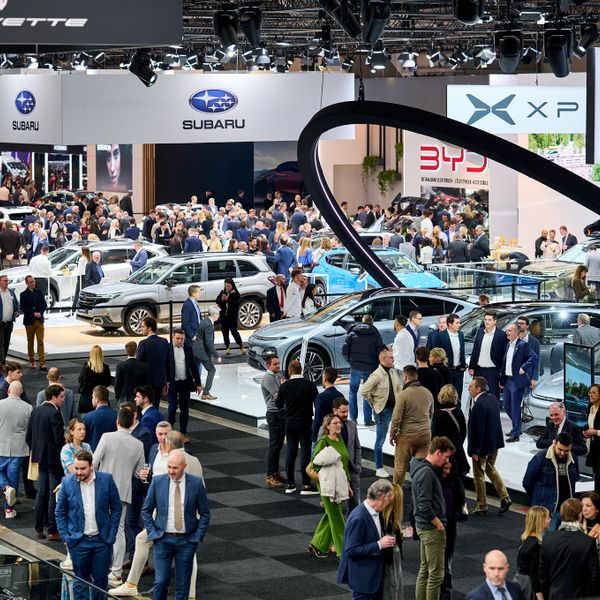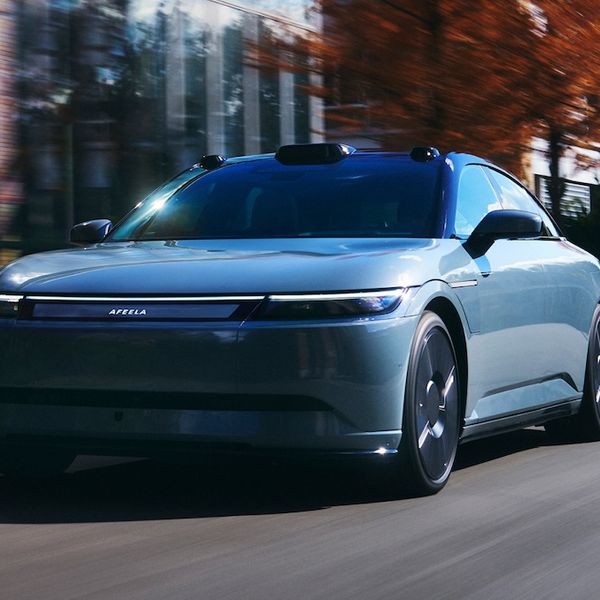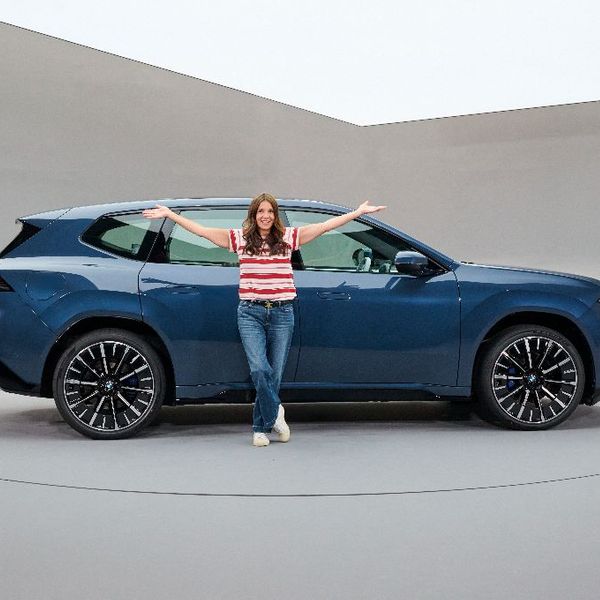BMW plans to launch its first-ever series production fuel cell electric vehicle (FCEV) in 2028, and has entered an agreement with Toyota to jointly develop the next generation of fuel cell powertrain technology.
The BMW Group and the Toyota Motor Corporation will jointly develop the powertrain system for passenger vehicles, with the core fuel cell technology used for both commercial and passenger vehicle applications.
The result of this collaboration will be seen in individual models from both BMW and Toyota. The companies say customers can expect the BMW and Toyota FCEV models to maintain their distinct brand identities and characteristics rather than just being rebrands of the same car.
BMW has also said it will launch its first hydrogen-powered production model in 2028 after successfully testing the BMW iX5 Hydrogen pilot fleet worldwide. The production models will use the FCEV technology in an existing model rather than making a specific car, such as Toyota’s Mirai. BMW says it explicitly views it as complementing the drive technology used by battery electric vehicles (BEV) and plug-in hybrid electric vehicles (PHEV) and internal combustion engines (ICE).
Fuel cells use hydrogen as the energy source, which is mixed with oxygen in the atmosphere to create water and electricity. The power is then used to drive electric motors, as in a battery powered EV. Fuelling a FCEV takes slightly longer than a petrol car but is faster than charging a battery.
Both Hyundai and Toyota currently sell FCEVs in the UK, but there is very low demand as the technology is expensive and there are only a handful of hydrogen filling stations. Creating hydrogen is also inefficient compared to charging a battery.
BMW and Toyota also say they are working with governments and investors to help build a hydrogen fuelling infrastructure and ensure its economic viability.
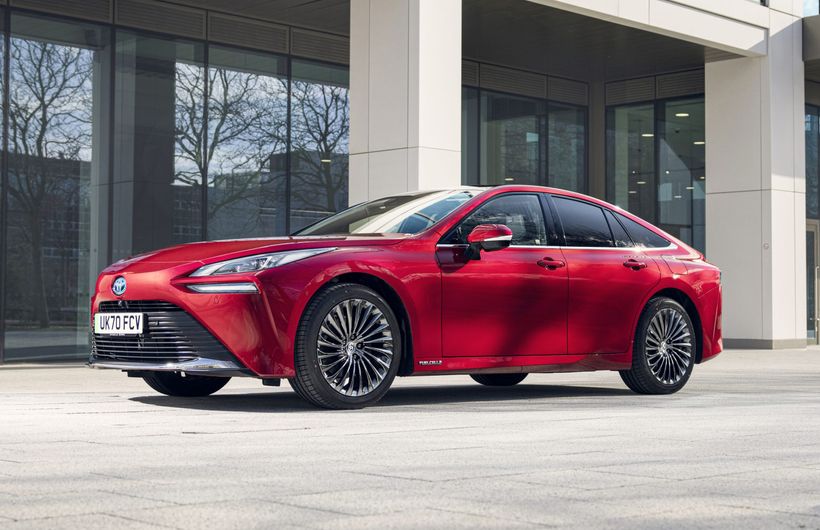 Toyota has been the biggest supporter of hydrogen power in automotive
Toyota has been the biggest supporter of hydrogen power in automotive 








